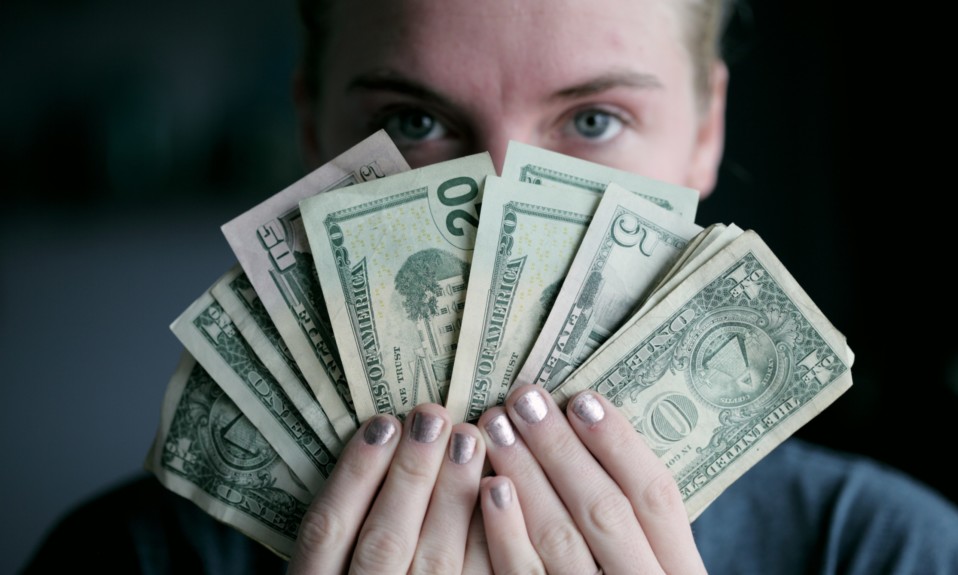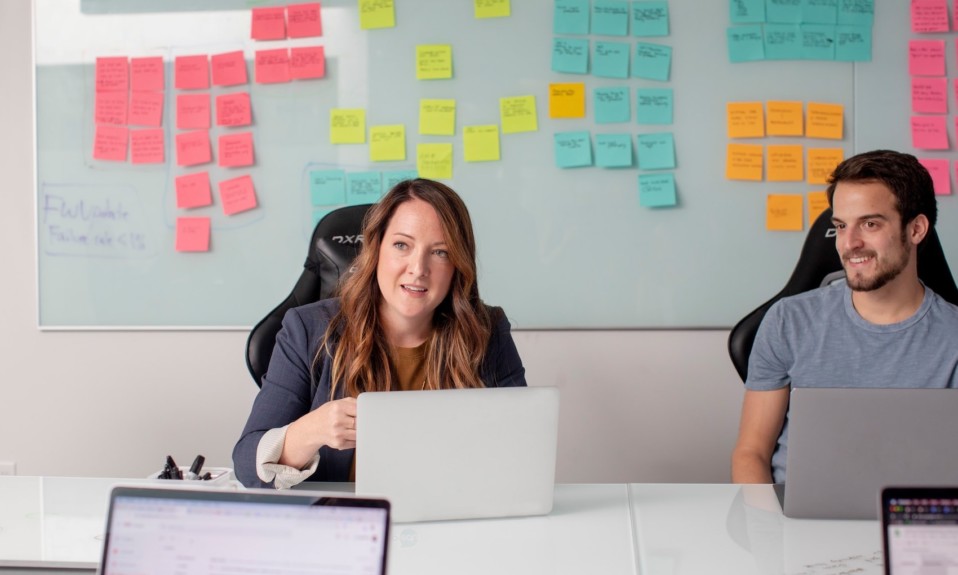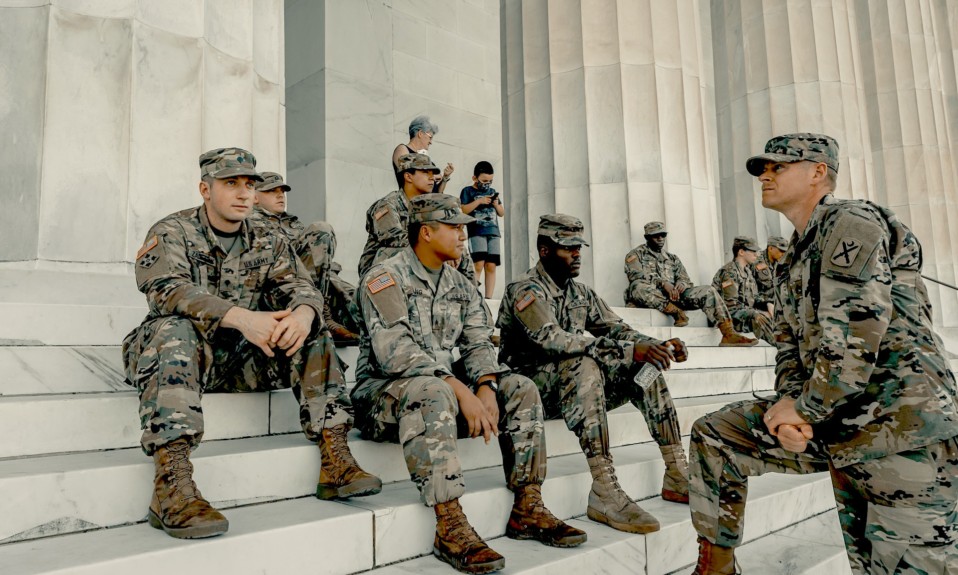Money matters are a critical but often overlooked part of addiction recovery. Here’s how to take control
By Veronica L. Holyfield
Living a full life in recovery means taking a deep dive into honesty and engaging in a thorough cleanup of many aspects of one’s experience. If you were to look in the rearview mirror at a life of active addiction, you’d see a path of destruction and avoidance that the sober version of yourself must piece back together. Not only do people find the need to get sober from substances, but many also discover they must get back to a kind of cleanliness when it comes to money. This is where the conversation around financial sobriety comes in.
Certified money coach and financial recovery counselor Linda Parmar’s focus is on helping people with an unhealthy relationship with money. With 20 years in the banking industry and experience as a financial advisor, Parmar has the expertise to offer tips and strategies that will help people dig themselves out of a money rut. Financial sobriety, she says, involves examining patterns and behaviors folks have with money that are no longer serving them, and healing their relationship with their finances.
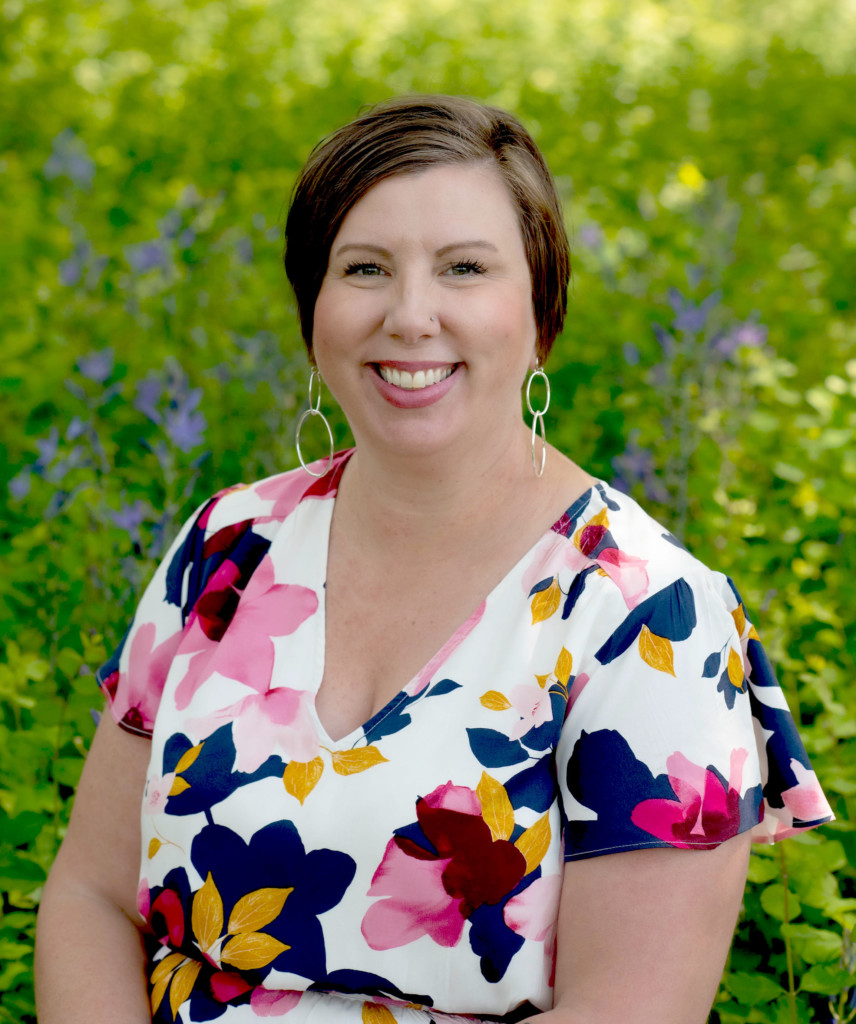
“My definition is a little bit different for everyone, but it means looking backwards to see how you grew up with money, how money affected you as a kid and throughout your life, and really coming to a place of acceptance and forgiveness,” Parmar says.
Having walked the path of money troubles herself, Parmar is open about her own previous struggles with financial security, so people who come to her don’t feel as alone. She realizes that there is a stigma attached to the heaviness that debt brings to someone’s life, because she’s been there herself. She likens the journey to financial freedom to wearing a backpack full of rocks—and how the exploration begins with unpacking each one, whether it be a boulder of unpaid bills or a pebble of uncertainty. As people become honest about their financial situation, the load lessens and the process slowly becomes a daily ritual. Much like any recovery from addiction, though, financial sobriety starts with taking a rigorous inventory, in order to find the gateway to empowerment.
A Step-by-Step Process
For many people, the first step on the road to financial sobriety to is be forthright about their relationship with money, so that they’re open to getting the help they need. People who have never talked about their financial woes can find it hard to own up when it comes to their debt, their spending and their income-to-output ratio. While that may give rise to feelings of humiliation or shame, experts in the industry have heard it all, and they will take a compassionate approach in offering support, services and resources to provide relief.
“A lot of times, we’ve never been taught about money, and there’s this energy that we’re supposed to know what to do with it.”
—Linda Parmar, certified money coach and financial recovery counselor
“When we start to understand why we are where we are, we can start to give ourselves a bit of grace,” says Parmar. “A lot of times, we’ve never been taught about money, and there’s this energy that we’re supposed to know what to do with it.”
The biggest piece of the puzzle is to gain an understanding of how one’s patterns and relationships with money developed. As with any form of addiction, that means looking at family history. When did you first encounter money? Did those who raised you have a healthy relationship with it? What patterns presented themselves early on that carried into adult life and your current situation? As these questions are explored, folks will find it easier to let go of the shame of mismanagement, and realize that money troubles often stem from a long lineage of financial experiences.
Getting Financially Sober
Once someone finds freedom from active addiction to drugs or alcohol, Parmar says, there’s often a transference of addiction—she’s seen people turn to both food and overspending as a way to deal with the squirreled mind in early recovery. Having steps in place and a clear road to support sobriety are key when you’re looking to get clean in all areas of your life. For many women, support communities such as SheRecovers, an online group to which Parmar provides services, are a great first step in curbing all kinds of addictive behaviors.
While many folks may be dealing with money problems that arise out of substance misuse, some find that spending itself is their true drug of choice. Self-help groups like Debtors Anonymous can provide emotional support and community, but some may want to reach financial peace with money outside of the 12-step model.
“That’s my story; that’s where I just went crazy, was spending money, and I numbed out on buying stuff to make me feel good,” Parmar says. “I used to try to buy good feelings.”
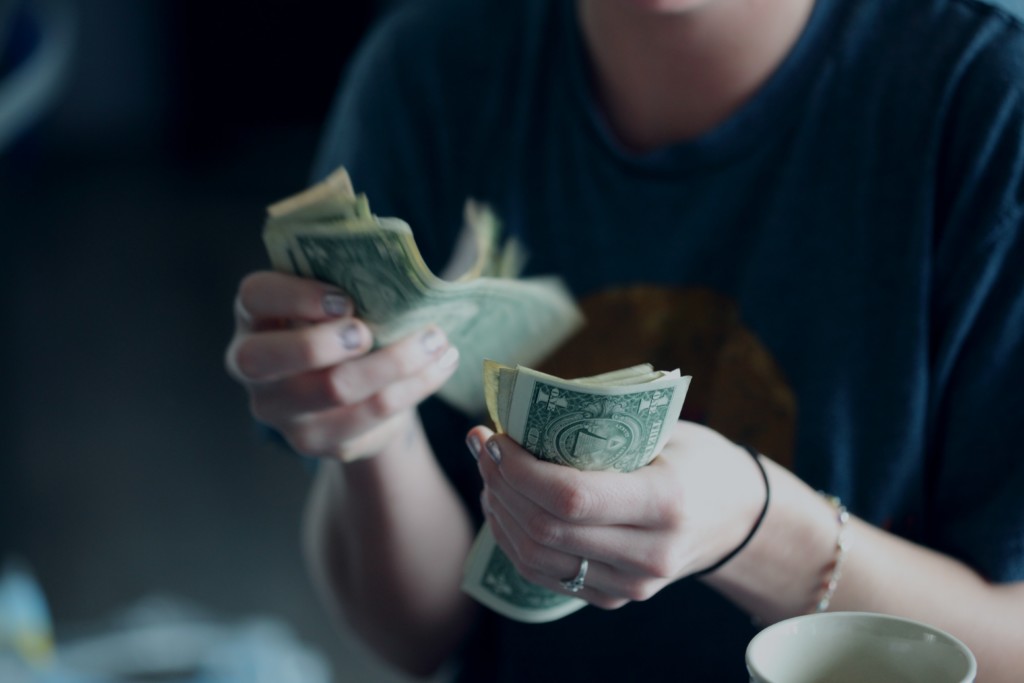
While alcohol and marijuana may have been Parmar’s original drugs of choice, she was living in guilt and shame around her shopping addiction. Even though she was advising others on how to spend wisely, she was unable to get her own finances under control. After hitting a rock bottom of debt and almost losing her home, Parmar decided to seek honesty and healing through SheRecovers. She then found her own path to happiness.
The COVID Effect
The stress and burnout caused by the COVID-19 pandemic magnified money issues—or created new ones—for hosts of people. Boredom shopping online had been an issue before the pandemic, Parmar says, but the fear and uncertainty brought on by the coronavirus amplified the problem. As people worked from home, with sites like Amazon just a click away and Facebook and Instagram ads a constant social media presence, overspending got easier and more appealing than ever.
“There were two sides of it,” Parmar says. “Because people were at home, they wanted their space to feel good. Then there was that piece of, ‘Oh, I’m in a pandemic, and I don’t feel safe, and if I buy stuff, that’s going to make me feel better.’”
In addition to the emotional aspect of overspending, many people also became reliant on meal delivery systems such as Uber Eats, Skip the Dishes and DoorDash. Parmar says she has clients now whose number one expense since the pandemic is meal delivery, and they’re finding it difficult to cut down or quit.
Start With a Plan—and Make It Simple
Facing the mountain of financial dismay may feel daunting, but Parmar says folks can begin to regain their power over money by making it clear what they want from it. The energy flow that comes from starting to assume control, through intentional spending and saving, she says, begins to feel good and even surpasses the high that overspending might once have brought.
“When you don’t have that plan, money doesn’t know what to do, and it feels really overwhelming,” Parmar says. “Keeping it as simple as possible when you’re first starting out is key.”
Writing out your money story, digging deep into a financial inventory and facing the reality of your dealings with dough can be triggering. Parmar says that in the early stages it’s vital to be in a safe space, working with safe people. Coming up with a spending plan—she prefers that term, rather than “budget”—can at first feel restrictive and scary. But if it’s seen as a choice rather than a requirement, the pressure can be eased.
“It’s a very heart-centered process. My biggest message is that you’re not alone, and it’s never too late to start.”
—Linda Parmar
Looking at necessary expenses first—things like housing, transportation and food—can be nourishing to the pocketbook and help people truly grasp the difference between want and need. Secondly, Parmar suggests examining unnecessary or avoidable spending such as subscriptions and interest payments on credit cards, which can add up fast and really suck up flexible income. Thirdly, she says any extra spending needs to be in alignment with the mindful decision to move forward, toward freedom and away from addiction. Ultimately it’s about getting to a place of peace in one’s heart about money, spending, lifestyle and supportive sobriety.
“It’s a very heart-centered process,” Parmar says of getting one’s finances in order. “My biggest message is that you’re not alone in this experience, and it’s never too late to start.”
Photos: Sharon McCutcheon


